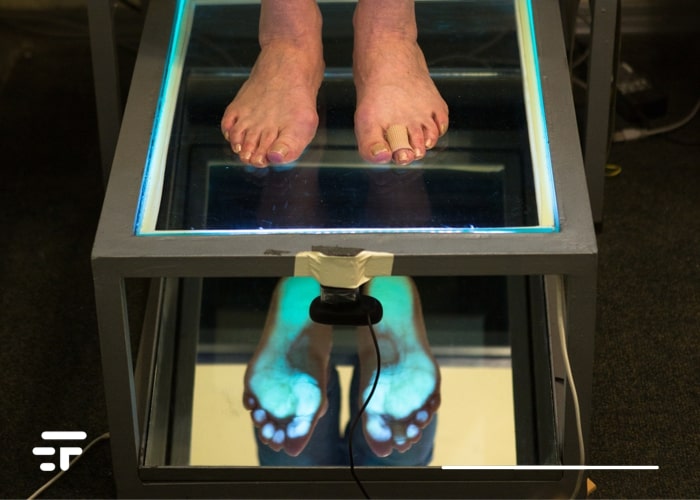Researchers may have discovered a lightning-fast and effective method for assessing the risk of death. A new study published in the British Journal of Sports Medicine (I link it here) has a balance test that lasts as little as 10 seconds and could provide an overall measure of the risk of death.
10 seconds and you know what to do
Balance can play a vital role in your overall health. Image Source: Amazon
The researchers conducted a study on 1.702 people aged 51 to 75. They assessed the participants' abilities to perform a 10-second one-leg balance test, matching the results with clinical data collected between 2008 and 2020. According to the researchers, the findings may help doctors more accurately assess the risk of death.
The balance test is very simple. It consists of standing on one leg, with the other leg resting on the back of the one you are standing on. At that point, you need to put your hands on your hips and stay still for 10 seconds. Participants in the study were allowed three attempts to complete the test.
Il 5% of participants aged 51 to 55 failed, while 8% between 56 and 60 years old He has failed. From there, 18% of people between the ages of 61 and 65 failed, and then 37% of those aged between 66 and 70 years He has failed. In the end, 54% of people between 71 and 75 years old failed the test to measure the risk of death.

Measure mortality
According to the study, most of those who failed the balance test had a higher body weight or had cardiovascular disease, type 2 diabetes or high cholesterol. Furthermore, after taking age, gender and previous health problems into account, the researchers estimated that those who failed had 84% more likely to die in the following seven years.
Interesting results, but we need to look at a broader picture. Obviously, this balance test may be able to measure the risk of death. Equally obviously, it does not prevent heart disease, diabetes or other diseases. It is simply a test that measures the "generic" risk of death, from all causes.
Balance is a key element of our health. Many doctors believe it is an indicator of overall health. And because the test takes only 10 seconds, it's not a terrible way to assess your risk of premature death, even if it doesn't provide detailed information about the precise causes.
That's why researchers are pushing to add balance testing to regular doctor visits. Combined with other tests, it could also greatly improve prevention, and make it clear the degree of "stress" to which the organism is subjected, due to ailments to be identified with other diagnostic methods.


